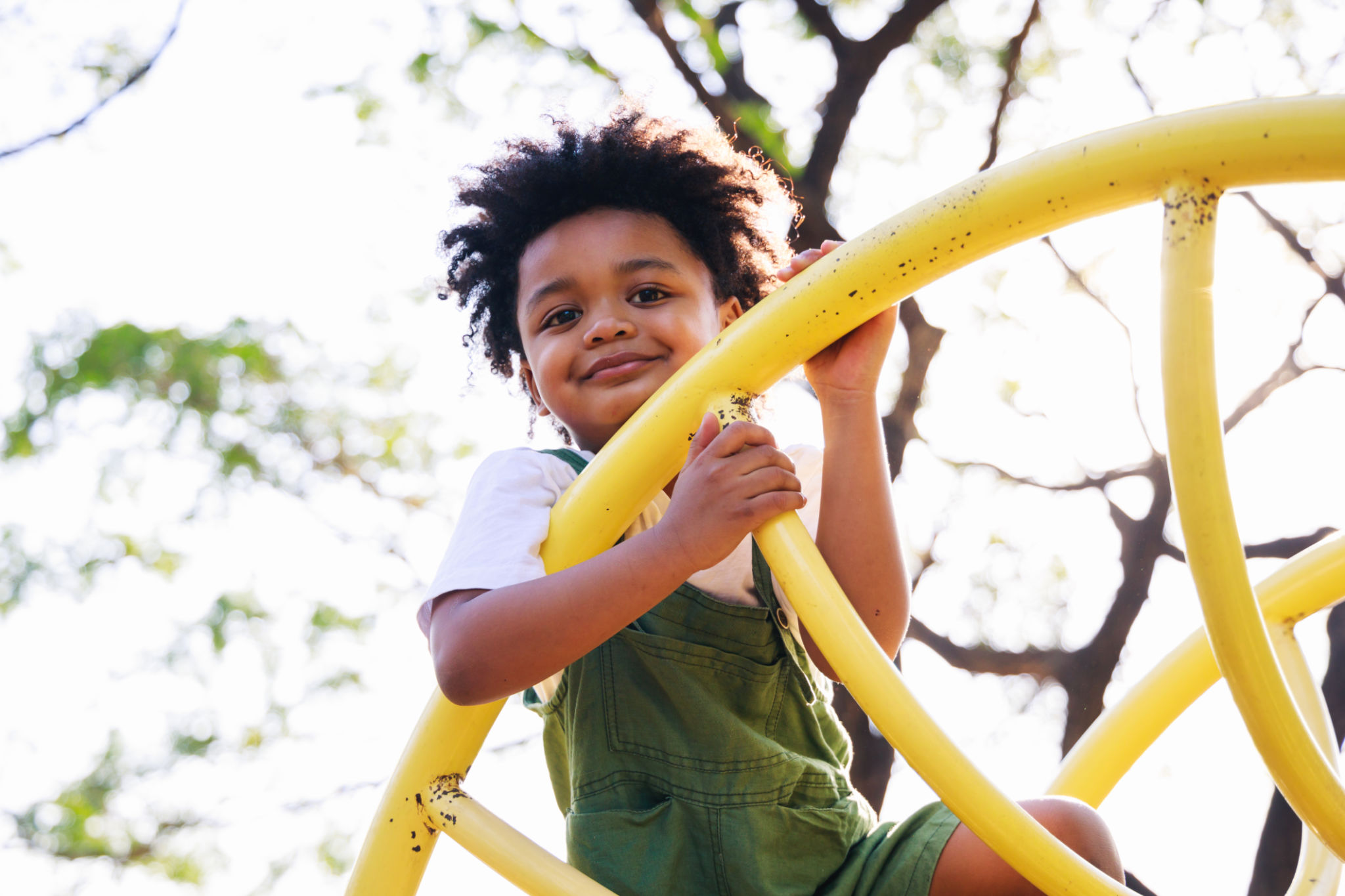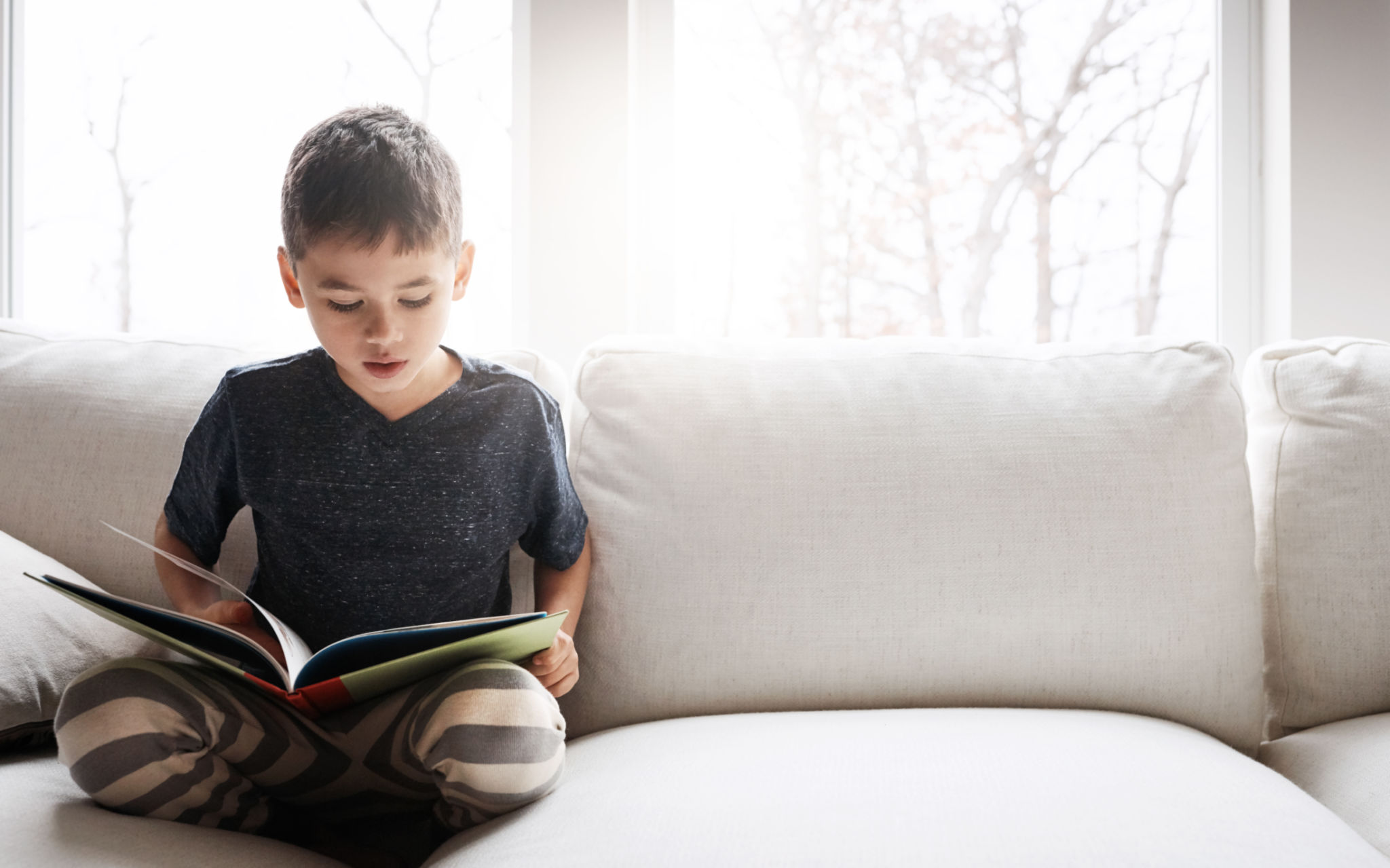Building Social Skills in Children: Techniques for Parents and Educators
Developing social skills in children is a crucial part of their overall development. These skills help children communicate effectively, build relationships, and navigate social environments. For parents and educators, fostering these skills in a supportive and engaging way is essential.

Understanding Social Skills
Social skills are the abilities that allow individuals to interact and communicate with others effectively. This includes verbal and non-verbal communication, active listening, empathy, and conflict resolution. Children who develop strong social skills are often better equipped to form healthy relationships and handle social challenges.
Why Are Social Skills Important?
Social skills are vital for a child's emotional and social development. They contribute to increased self-esteem, better academic performance, and improved mental health. Children who possess these skills are more likely to succeed in school and beyond.
Techniques for Building Social Skills
Role-Playing Activities
Role-playing is an effective way to teach children how to handle various social situations. By acting out scenarios, children can practice responding to different social cues and develop problem-solving skills. Encourage them to role-play both positive and challenging interactions.

Encouraging Group Play
Group play provides children with the opportunity to interact with their peers in a shared environment. Activities such as team sports, board games, or collaborative projects encourage cooperation, communication, and teamwork.
- Choose activities that require collaboration.
- Encourage leadership and decision-making roles.
- Provide guidance and support when needed.
Promoting Empathy Through Stories
Reading stories that highlight diverse perspectives can help children develop empathy. Discussing characters’ feelings and actions allows children to understand and relate to others’ emotions. This practice fosters compassion and emotional intelligence.

Creating Supportive Environments
Modeling Positive Behavior
Children learn a great deal by observing the adults around them. Parents and educators should model positive social interactions, demonstrating active listening, respectful communication, and empathy. Consistent modeling of these behaviors encourages children to adopt them.
Providing Constructive Feedback
Feedback is an essential part of learning. When children engage in social interactions, provide them with constructive feedback to help them improve. Focus on reinforcing positive behavior and gently guiding them when they make mistakes.
Conclusion
Building social skills in children requires patience, practice, and encouragement. By utilizing techniques such as role-playing, group play, and empathy-building activities, parents and educators can nurture these skills effectively. Creating a supportive environment where children feel safe to express themselves is key to their social development.